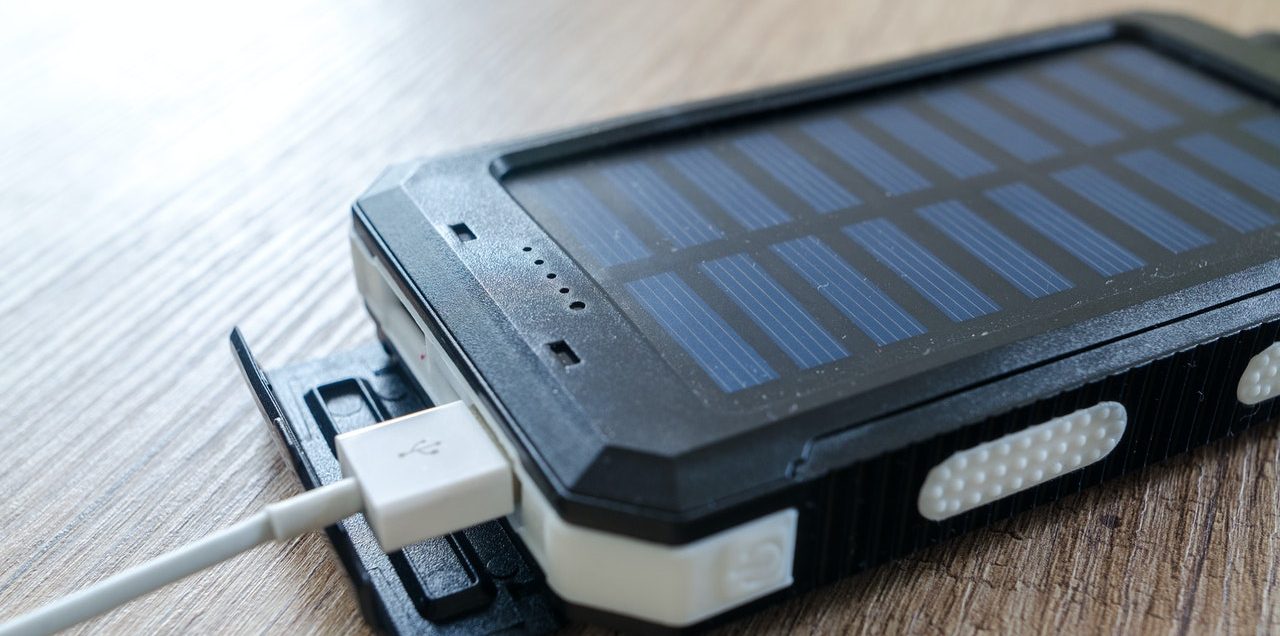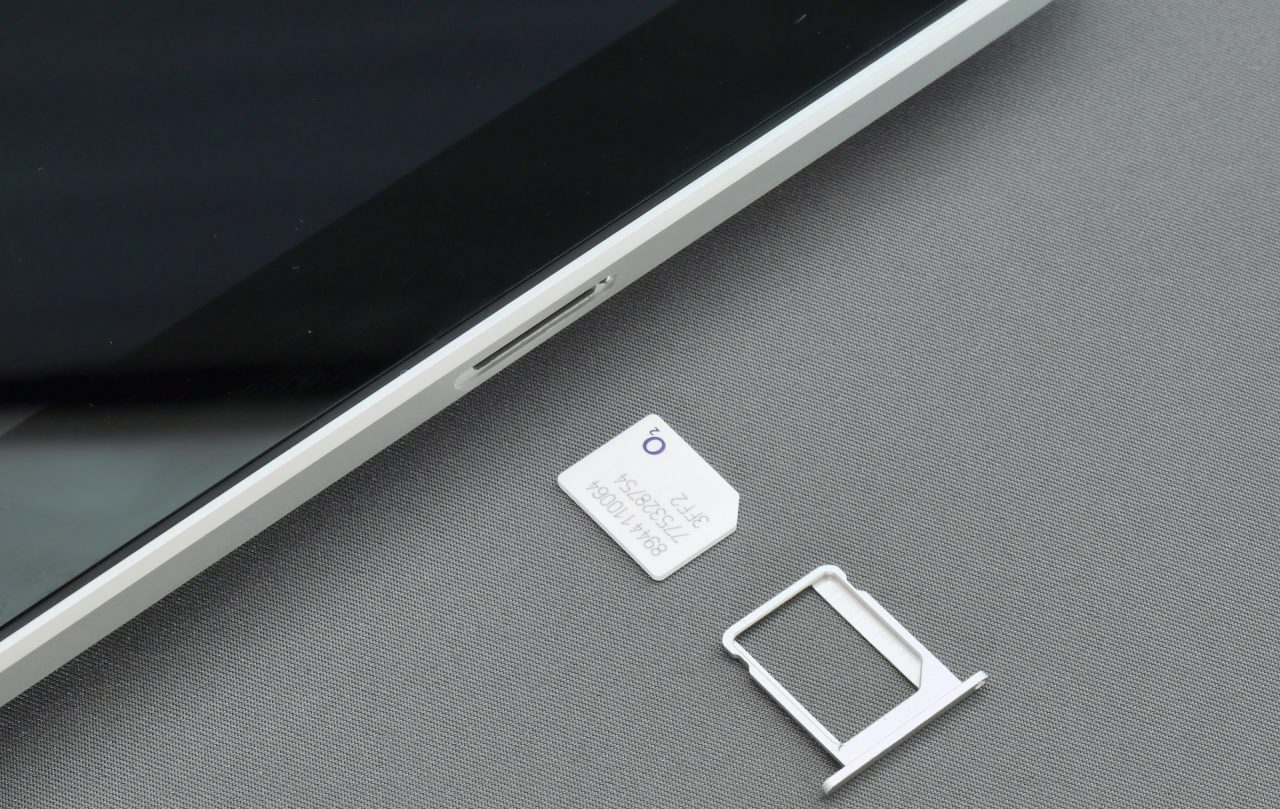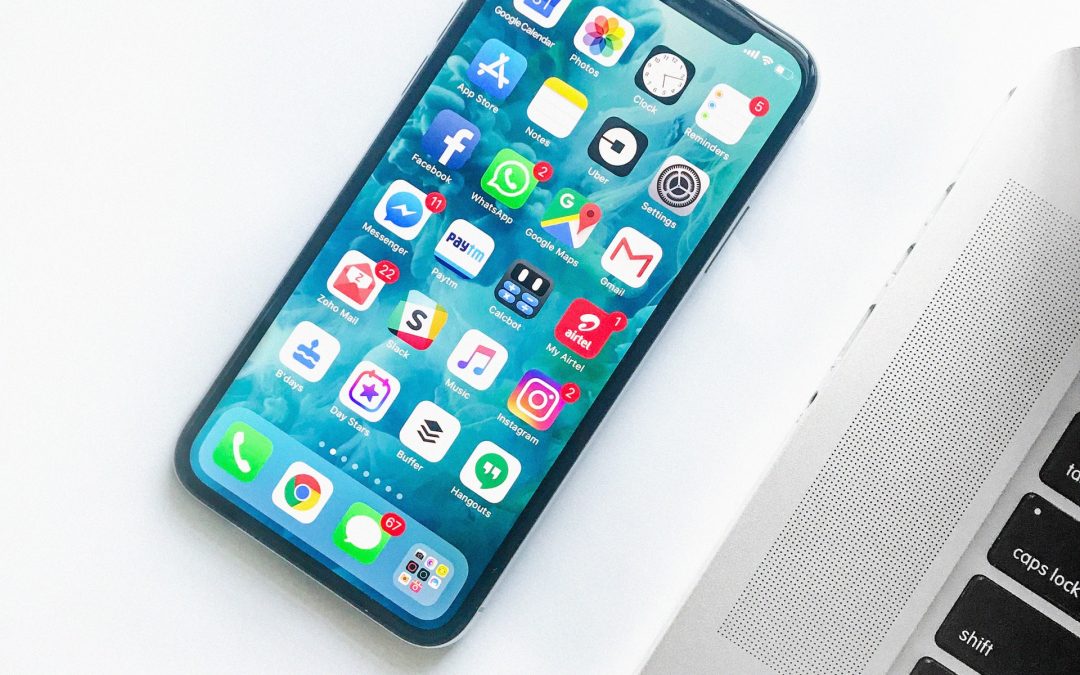With the prices of new smartphones increasing all the time, more of us than ever before are considering buying a secondhand handset. But are they safe? Can you be sure you won’t get ripped off? Do they make financial sense?
All these questions and more will be answered in this guide!
Why buy a secondhand phone?
The main reason to buy a used handset is cost. With handsets priced anything from £100 to over £1,000, buying a new phone is a significant undertaking.
While you might think you get one free with your phone contract, you’re actually paying for the phone monthly rather than upfront. Some of the cost is covered by the network but you’ll be paying for it too.
The second reason people are buying second-hand phones is that new flagship handsets are often only incrementally better than the previous model. Why pay for a brand new phone with only slight improvements over last year’s model which is nearly identical at half or quarter of the price?
Buying used also enables you to go for cheaper phone contracts or flexible pay monthly contracts. Without being tied to a 24-36 month contract, you have a lot more freedom to use the network you want to use, when you want to use it.
Looking to buy used tech?
What to look for when buying a secondhand phone

There are a few things to look out for when buying a used handset. Some of these checks will only be possible when you have the phone in your hand. Do what you can when you can.
Refurbished vs second hand
Refurbished phones will usually be sold by retailers or manufacturers. They will have been graded using grades A to C, where A is as-new and C will be fully operational but may show signs of wear. Refurbished phones should have been checked and repaired as required. They also come with a limited warranty. Second-hand phones are bought directly from former users or from stores that buy phones for cash. They may not have been checked or repaired and will not come with a warranty.
Buying second hand is often cheaper than buying refurbished, but the quality will vary and ‘buyer beware’ certainly applies!
Is the phone stolen?
There is a huge market for stolen phones and they will often appear for sale on social media or marketplace websites. It’s difficult to know ahead of time whether it has been stolen but you can check once you have it.
Stolen phones are often blacklisted so they won’t be able to join a network. You can check using an online IMEI check. You can also call your network and ask them to check the IMEI against their blacklist database. Get the IMEI number before you pay and check it to make sure it’s not stolen.
Is the phone unlocked?
The process of locking a phone to a particular network has never been popular with users but it’s still common. Is the second-hand phone you’re looking to buy locked to a network? Is it the network you’re planning to use?
Ideally, you should buy an unlocked phone as this will give you the freedom to choose your carrier.
Battery life

Phone battery life reduces over time and use. A refurbished phone may have a new battery but it’s unlikely a used one will have. Most phones will have a battery charge indicator built-in where you can check the average life of the battery. You will need to be able to try the phone before you buy to access this feature though.
Charging port
For phones without wireless charging, the connection port is a particular area of weakness. It can work loose and connections can break during careless use, so inspect the port carefully.
If you have the opportunity to test the phone before buying, try a charger in the port and make sure it doesn’t move too much and that the phone registers that it is charging.
Buttons and touch screen
Check all physical buttons on the phone to make sure they work as they are another vulnerable part of the phone. Also, check the touchscreen to make sure it registers touch across the entire screen.
Speakers and mic
The speakers are easy to test, just load a YouTube video and play it to test the speakers work and that the volume controls respond as they should. The microphone is harder to test but you could call a friend and ask them what the sound is like. This adds another test for the speakers too.
WiFi, Bluetooth and mobile network connectivity
We use all these functions constantly so we need them to work. Check WiFi where you can, check Bluetooth if you have your headphones with you, and insert your SIM to check network connectivity. Don’t be afraid to thoroughly test connectivity before you buy as it’s an integral part of owning a phone!
Finding the best contract
One key benefit of buying a secondhand phone is the complete freedom to choose a SIM-only contract with any carrier. Shop around, check your options and select the contract that’s right for your needs. There are dozens of SIM-free contracts to choose from including very cheap light use contracts and more expensive contracts with unlimited everything.

Should you get insurance?
The subject of phone insurance is a lively one. Some people swear by it and will never have a phone without it. Others say it’s a waste of money with limited coverage. Whichever side of the fence you’re on, you should at least consider phone insurance.
What’s your history when it comes to losing or damaging phones?
Do you have form for losing or damaging phones? Are you heavy-handed? Often leave your phone lying around? If so, phone insurance could be a worthwhile investment.
Can you afford to replace the phone if anything happens?
Should you lose or damage your phone, could you afford to replace it immediately? Would it put you into financial difficulty or cause serious inconvenience? If so, you may benefit from phone insurance.
How expensive is the phone?
If you bought a secondhand flagship for anything over a couple of hundred, phone insurance could be a worthwhile investment.
What does phone insurance usually cover?
Most phone insurance policies will cover you for loss, accidental damage, loss or damage to accessories, unauthorized calls and for premium apps and content.
Most insurance policies will not include theft while unattended, water damage, carelessness and other common occurrences. Insurance can also include a cash excess, where you pay the first amount of any claim. Check any insurance policy for exclusions, cover limits, number of claims and excess before you buy.
Where is the best place to look for phone insurance?
You can find phone insurance on price comparison websites, through a web search or from your carrier. But you may not need to pay extra for it. Some premium current accounts can include phone insurance along with extras like breakdown cover and travel insurance. You can also often have cover for phones included with travel or home insurance. This can be included within some policies or be added as a premium extra.
Are you better off with a savings account?
Do you even need insurance, or could you cover it with savings instead? This is known as self-insurance. You pay the equivalent of the insurance premium into a savings account to use in case something happens to the phone.
The upside to this is you have free money in savings if nothing happens. The downside is that you have to add the money as a lump sum to provide ‘cover’, otherwise you may not have sufficient funds to replace the phone early on.
First steps when owning a second-hand phone

If you do buy a secondhand phone, the first thing you should do is perform a factory reset. While the previous owner may have done it, you have no guarantees they did or that they didn’t add a few ‘surprise’ apps on the phone. Performing your own factory reset before you use the phone will ensure the phone is factory fresh, fully updated and ready to go.
Then you can insert your SIM and add your account details knowing the phone is completely clean.
Jamie worked as a network and server engineer with a national telecoms provider for
over a decade before deciding he preferred writing for a living. He is passionate about
making technical subjects understandable to all and spends his time writing technical
articles, training courses and blog posts.
He is a contributor to Broadband Genie, lives in Cornwall with his family and runs Coastal
Content, a small business content marketing provider.






